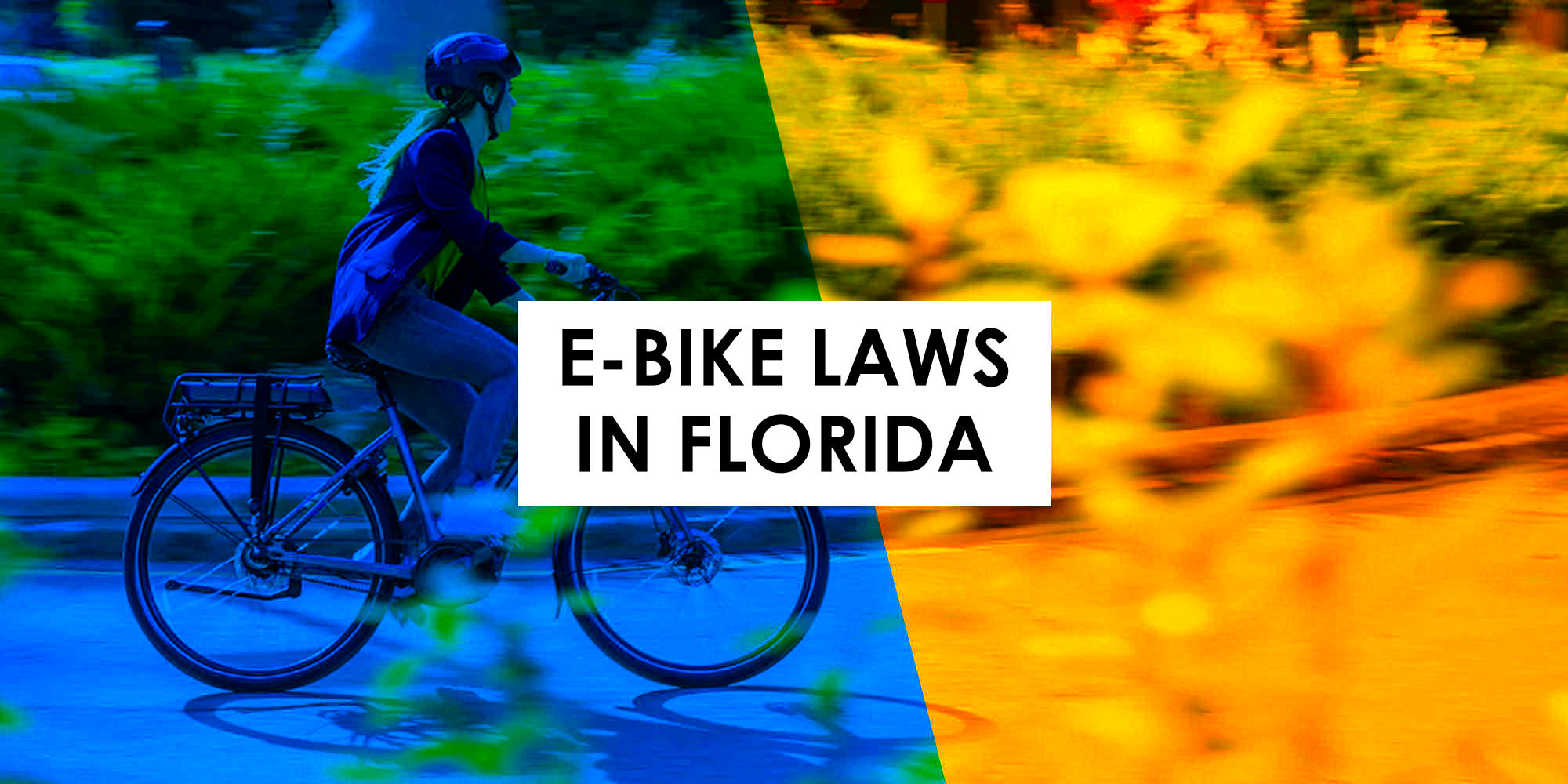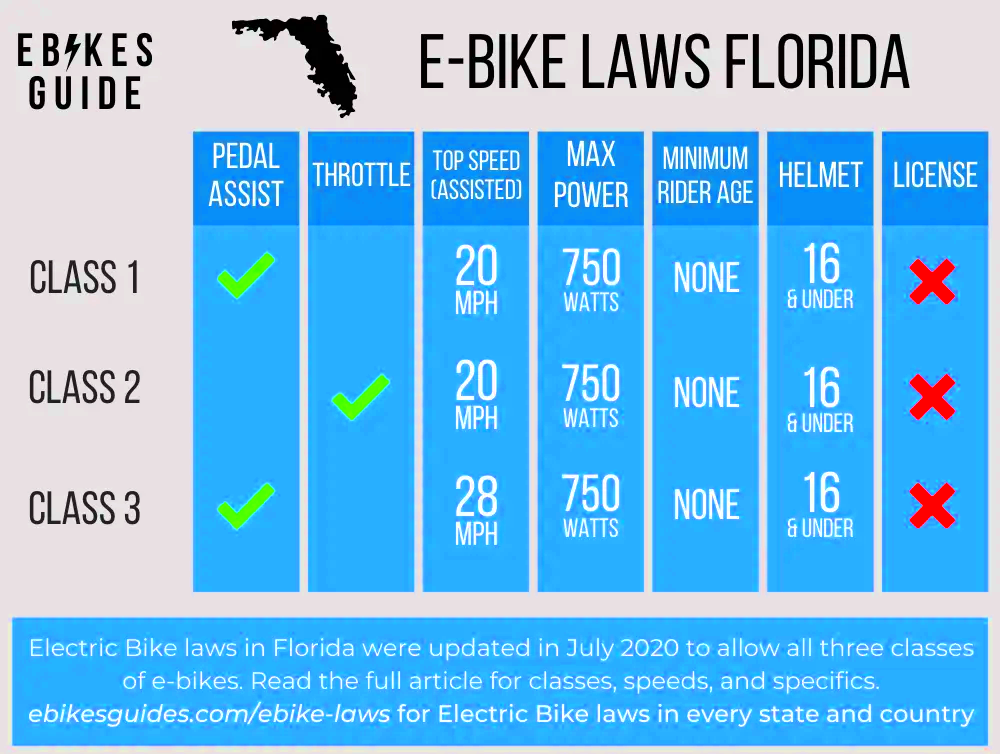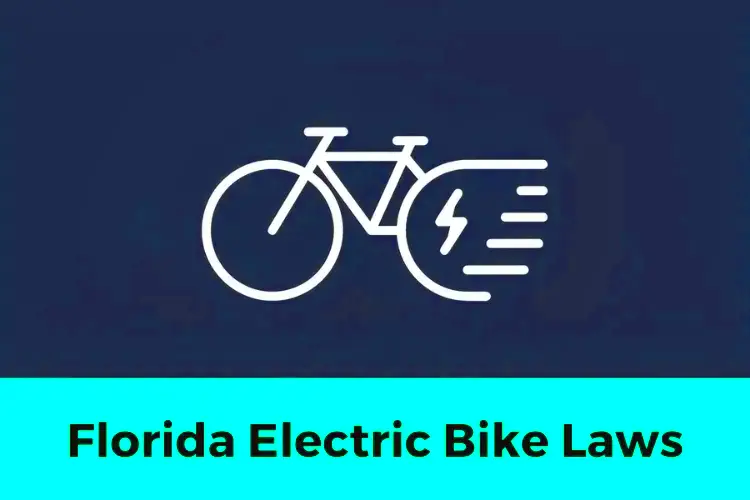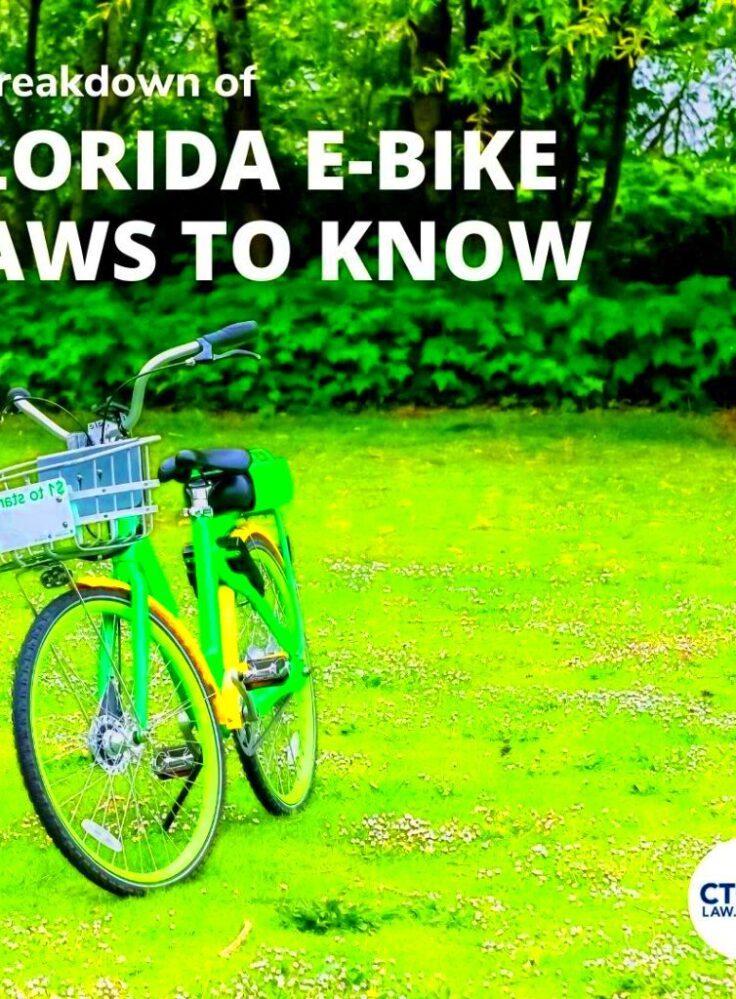Electric Bike Laws in Florida Key Points
Electric bikes, or e-bikes, are becoming increasingly popular in Florida. With the beautiful weather and scenic routes, it’s no wonder people are choosing this eco-friendly mode of transportation. However, it’s essential to understand the laws surrounding electric bikes in Florida to ensure a safe and enjoyable ride. In this blog post, we’ll explore the key points of electric bike laws, including definitions, requirements, and regulations.
Definition of Electric Bikes in Florida

In Florida, electric bikes are defined based on their specifications and capabilities. Here are the main categories:
- Class 1: These e-bikes are equipped with a motor that assists the rider only when pedaling. The motor stops assisting when the bike reaches a speed of 20 miles per hour.
- Class 2: This type has a motor that can propel the bike without pedaling, but it also has a maximum speed of 20 miles per hour.
- Class 3: These e-bikes provide assistance while pedaling and can reach speeds of up to 28 miles per hour. Riders of Class 3 bikes must be at least 16 years old.
Understanding these classifications is crucial for determining where and how you can ride your electric bike in Florida.
Requirements for Riding Electric Bikes

To ride an electric bike in Florida, several requirements must be met to ensure safety and compliance with the law. Here are the key requirements:
- Helmet Use: Riders under 16 years old are required to wear a helmet. It’s a good idea for all riders to wear helmets for safety.
- Obey Traffic Laws: E-bike riders must follow the same traffic laws as traditional bicycles, including obeying traffic signals and signs.
- Riding Areas: Class 1 and Class 2 e-bikes can ride on bike paths and lanes. Class 3 e-bikes are restricted from certain paths unless local regulations allow.
- Insurance and Registration: Currently, Florida does not require e-bikes to be registered or insured, but it’s essential to check for any local ordinances that might differ.
By following these requirements, riders can enjoy their electric bikes while staying safe and within the law.
Age Restrictions for Electric Bike Riders

Age restrictions are an essential part of electric bike laws in Florida. These regulations aim to ensure the safety of younger riders while promoting responsible usage of e-bikes. Here’s what you need to know:
- Riders Under 16: If you’re under 16 years old, you can ride a Class 1 or Class 2 electric bike. However, wearing a helmet is mandatory for your safety.
- Riders 16 and Older: If you’re 16 or older, you can ride any class of electric bike, including Class 3. Again, while it’s not a legal requirement, wearing a helmet is highly recommended.
- Local Regulations: Some local areas may have stricter age limits. It’s always a good idea to check local laws to ensure compliance.
Understanding these age restrictions helps promote safer riding practices among young people while allowing older riders the freedom to enjoy the benefits of electric bikes.
Where Electric Bikes are Allowed to Operate

Knowing where you can ride your electric bike is crucial to avoiding fines and ensuring a smooth experience. In Florida, the rules about where you can ride vary by the class of the bike:
| Class of Electric Bike | Allowed Locations |
|---|---|
| Class 1 | Bike paths, multi-use paths, and on-road cycling lanes. |
| Class 2 | Same as Class 1—bike paths, multi-use paths, and cycling lanes. |
| Class 3 | Roads, but some bike paths may have restrictions. Always check local regulations. |
It’s essential to respect the designated areas for electric bikes. Riding in prohibited zones can lead to fines and accidents, so always be aware of your surroundings and local rules.
Safety Equipment and Regulations
Safety should always come first when riding electric bikes. In Florida, there are several regulations regarding safety equipment that all riders should adhere to:
- Helmet: While only mandatory for those under 16, wearing a helmet is strongly recommended for all riders. A properly fitted helmet can reduce the risk of serious injuries.
- Lights and Reflectors: For nighttime riding, e-bikes must have front lights and rear reflectors. This enhances visibility and safety when riding in low-light conditions.
- Bell or Horn: It’s advisable to have a bell or horn installed. This allows you to signal to pedestrians and other cyclists, helping to prevent accidents.
- Maintenance: Regular maintenance checks on your e-bike, including brakes, tires, and lights, are essential for safe riding. Always ensure your bike is in good condition before heading out.
Following these safety regulations not only keeps you safe but also contributes to a positive riding experience for everyone on the road.
Pennalties for Violating Electric Bike Laws
Understanding the penalties for violating electric bike laws in Florida is essential for all riders. The state aims to promote safe riding practices, and failing to adhere to the rules can result in fines and other consequences. Here’s a breakdown of potential penalties:
- Fines: Riders who violate traffic laws, such as running red lights or not using designated paths, can face fines. These fines vary based on the nature of the violation, typically ranging from $25 to $200.
- Helmet Violations: For riders under 16, not wearing a helmet can lead to fines. The penalty is usually around $15, but it serves as a reminder of the importance of safety gear.
- Class 3 Restrictions: If a Class 3 e-bike is ridden on a path where it is prohibited, the rider may receive a citation, which can also incur fines.
- Local Ordinances: Some cities or counties have specific rules regarding electric bikes. Violating these can lead to additional fines or penalties as determined by local authorities.
To avoid penalties, it’s crucial to stay informed about the laws and regulations in your area and follow them closely.
Frequently Asked Questions about Electric Bike Laws
Electric bike laws can be confusing, and it’s normal to have questions. Here are some frequently asked questions to help clarify common concerns:
- Do I need a license to ride an electric bike in Florida? No, you don’t need a driver’s license to operate an electric bike, but you must follow specific laws related to the class of bike.
- Can I ride my electric bike on the sidewalk? Generally, Class 1 and Class 2 e-bikes can ride on sidewalks unless prohibited by local ordinances. Class 3 e-bikes may be restricted from sidewalks.
- Are there insurance requirements for electric bikes? No, there are currently no insurance requirements for electric bikes in Florida, but it’s wise to consider personal liability coverage.
- What should I do if I’m involved in an accident? If you’re involved in an accident while riding your electric bike, make sure to exchange information, report the incident to the police, and seek medical attention if necessary.
These FAQs can help guide riders and clarify any uncertainties about electric bike laws.
Conclusion on Electric Bike Regulations in Florida
Electric bikes are a fun and eco-friendly way to navigate Florida’s roads and trails. However, understanding the regulations surrounding them is crucial for ensuring safety and compliance. From age restrictions to where you can ride, each rule plays a part in promoting responsible usage. Remember to wear safety gear, follow local laws, and stay informed about any changes in regulations.
By adhering to these guidelines, you can enjoy all the benefits of electric biking while contributing to a safer environment for everyone on the road. So, gear up, ride safe, and enjoy the ride!


